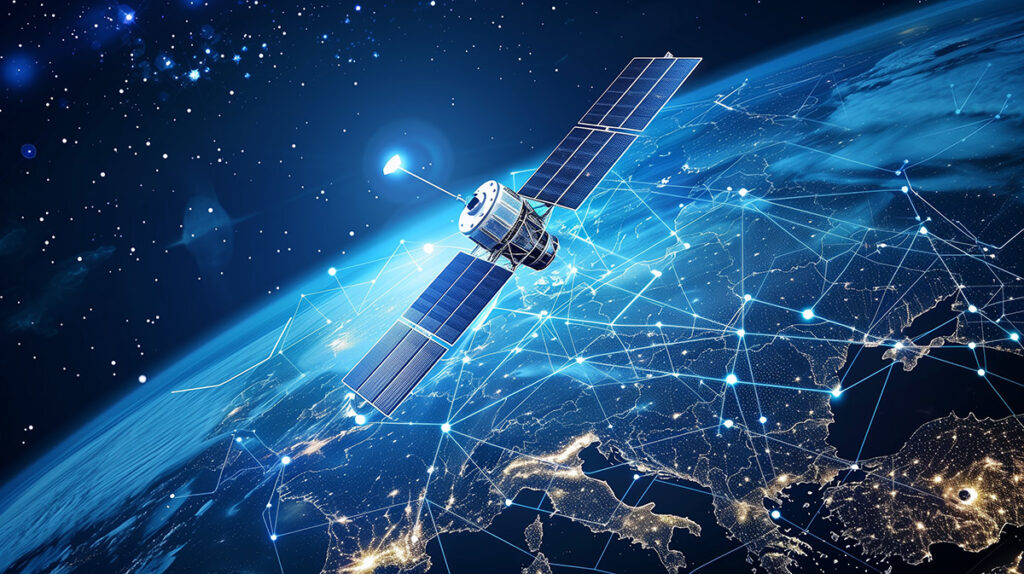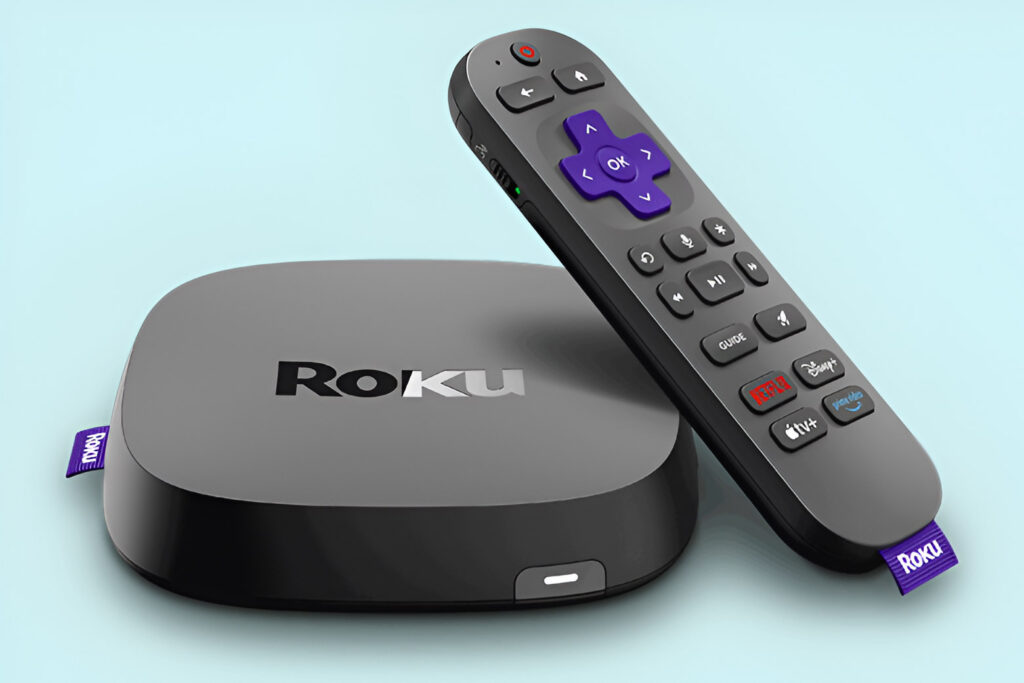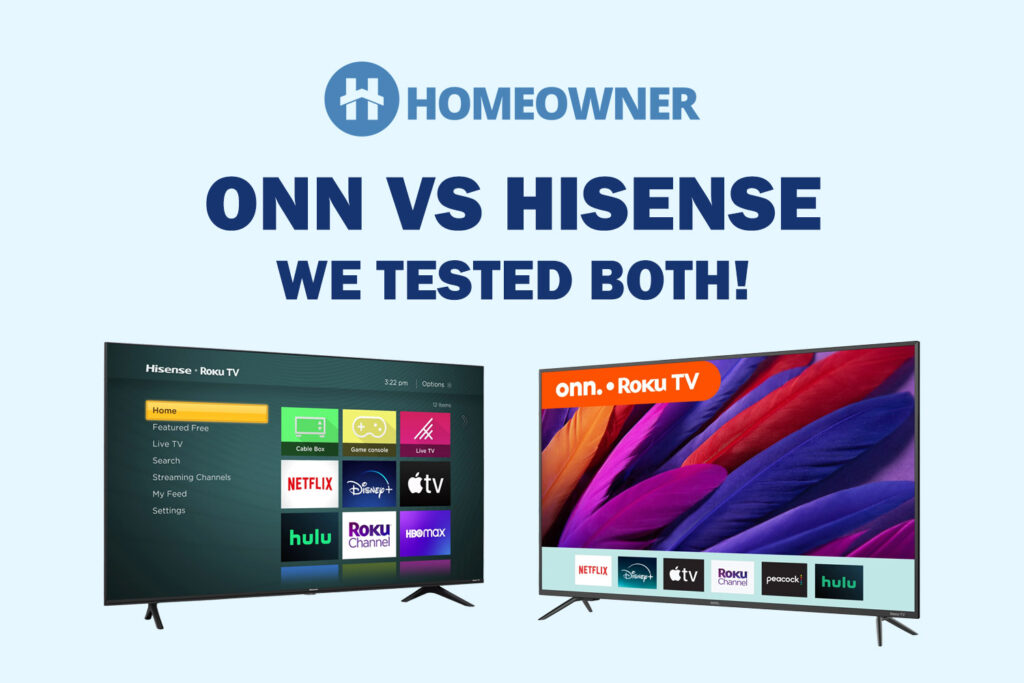Using a network of advanced, low-orbiting satellites, Starlink delivers high-speed internet access pretty much anywhere in the world. Starlink outperforms traditional satellite internet with its lower latency and faster speeds. But, is it worth it compared to more conventional internet options, like cable and fiber?
How Does Starlink Compare to Cable and Fiber Internet?
| Starlink | Cable Internet | Fiber Internet | |
| Cost | $120-$5000 /mo | $20-$120 | $40-$180 |
| Equipment | $599-$2500 (one time) | $10 /mo | Included |
| Installation | DIY or 3rd party | $0-$150 | $0-$250 |
| Speed | 40-220 Mbps | 50-2,000 Mbps | 200-10,000 Mbps |
| Reliability | 3/5 | 4.5/5 | 4.7/5 |
| Phone Support | No | Yes | Yes |
When Starlink Is Worth It

There are several scenarios where Starlink may be worth the investment. If you live in a remote or off-grid location where access to broadband internet is scarce to non-existent, Starlink is a total game changer.
Starlink internet is wireless. It works by using radio waves to send and receive data through space, to and from its constellation of thousands of satellites encircling the Earth at a low orbit.
Since it's not bound by terrestrial restrictions, Starlink is available in many areas not serviced by cable, fiber, or even 5G internet providers like T-Mobile and Verizon 5G Home Internet.
Similarly, you might want to sign up for Starlink if you live in a rural home or cabin where your only other internet options have strict data caps or high latency. Starlink gives you unlimited data, which is highly beneficial especially if you rely on your internet connection for remote work.
It's also faster and has much lower latency compared to conventional satellite internet (Starlink latency is around 25-60 ms vs. other satellite internet providers in the 600+ ms range.) While it's nearly impossible to video call or play online games with other satellite internet services, Starlink can support everything you need your internet connection for.
👉 Related: Is Nomad Internet Worth It?
Starlink is also useful if you need internet access while traveling in an RV or boat. They offer mobile plans specifically for this purpose.
When Starlink Is NOT Worth It

Though it's available nearly everywhere, Starlink isn't the best choice for everyone. Compared to fiber and cable internet, Starlink is slow and expensive. Cheaper and faster internet is available if you live in a city or connected area.
If there are already reliable options for broadband internet in your local area, then you should look into these first before considering Starlink. When choosing a provider, fiber internet should always be your first choice. But if fiber is not available, cable internet is probably your best option.
If your only options are 5G internet or DSL, then you should compare the speeds and prices of the providers in your area against Starlink. In many rural areas, faster, lower-cost 5G internet is available.
💵 Starlink Costs
| Residential | Roam | Boat | |
|---|---|---|---|
| Price | $35-$120/month | $50–$165/month | $250–$1,000/month |
| Download Speed | 50–250 Mbps | 50–220+ Mbps | 50–220+ Mbps |
| Upload Speed | 5–25 Mbps | 5–25 Mbps | 5–25 Mbps |
| Data/Speed Caps | None | None | None |
| Data | Unlimited | 50 GB–Unlimited | 50 GB–1 TB |
| Best For | Fixed home internet | Traveling or remote work | Maritime, emergencies, or remote work |
Compared to cable and fiber internet, Starlink is expensive. The cheapest plan, geared towards most residential customers, costs $120 per month. If you want network priority or a mobile plan, monthly prices range from $140-$5,000, depending on how much priority data you want to pay for.
Starlink's monthly charge for its lowest plan tier is on the higher end of both cable and fiber internet plans. For a similar or lower monthly price, you can get much faster speeds from a fiber or cable internet company. Some fiber internet providers even offer Gig speeds for cheaper than Starlink's base plan.
📡 Equipment
| Kit | Price | Features | Best For |
|---|---|---|---|
| Mini | $600 | Smallest Starlink, integrated WiFi, portable design fits in a backpack or suitcase. | Travelers, Roam users |
| Standard | $349 | Includes Starlink, cables, kickstand, router; supports streaming, gaming, and video calls. | Residential users, general internet usage |
| Standard Actuated | $600 | Motorized dish for optimized connections, enhanced reliability for work-from-home setups. | Residential users, small businesses |
| High Performance | $2,500 | Handles hot/cold weather, supports more satellite connections, mounts available separately. | Businesses, extreme weather conditions |
| Flat High Performance | $2,500 | Flat dish design, wider sky visibility, improved GPS, 135° field of view, ideal for maritime use. | Boat travel, harsh weather, dense trees |
Starlink has very high equipment costs versus a traditional modem rental. Alongside your monthly fee for Starlink satellite internet service, there is a one-time upfront charge for equipment.
At $600, The Standard Starlink is recommended for the Standard or Mobile plan. For $2,500, customers can upgrade to the Flat High Performance, which is the recommended equipment for Priority and Mobile Priority plans.
By comparison, cable internet companies typically charge around $10 per month to rent a modem. Some providers let you avoid this fee by bringing your own modem. Many fiber internet companies include equipment for no extra charge.
🛠️ Installation
Starlink only offers DIY installation. Their equipment was designed for easy self-installation. All you have to do to start using Starlink is set up a receiver by plugging it in and pointing it towards the sky. Starlink offers several mounting options on its online store, which becomes available to access after signing up for service.
Starlink does not offer any professional installation services. If you need help installing Starlink, you will have to hire a 3rd-party company on your own to set up the equipment for you.
By contrast, many cable and fiber companies require you to schedule a visit from a trained technician to install the needed equipment. Professional installation can be included; though, in many cases, there is a one-time extra charge.
Cable internet companies typically charge up to $150 for professional installation, while fiber internet companies can charge up to $250. Some cable and fiber providers also give you an option to self-install your own equipment to avoid installation fees.
⚡ Speed

Overall, Starlink is slower than cable and fiber internet services. The Starlink website advertises download speeds of 40-220 Mbps (with upload speeds between 8-25 Mbps.) They estimate that most customers will experience speeds of about 100 Mbps.
However, in practice, speeds vary greatly depending on a few factors, including your location and how many other Starlink customers are in your area. Some Starlink users report download speeds that exceed Starlink's estimate, as high as 265 Mbps, while others say they only get around 60 Mbps.
Cable and fiber speeds can also vary, but tend to be more stable. With cable, you can expect download speeds ranging from 50-2,000 Mbps, depending on the plan you pay for and availability in your area. Fiber is the fastest, with speeds from 200-5,000 Mbps (5 Gigs). Most fiber internet companies also give you equal upload and download speeds.
🌐 Reliability
One of the biggest downsides to satellite internet is that bad weather can affect service reliability. Although Starlink equipment was designed to endure harsh elements, strong winds, and rainstorms can cause slower speeds or even an occasional outage.
The water-resistant Starlink dish can melt snow, but it can't prevent interference from snow build-up around the receiver or other obstructions that can block its line of sight to the sky.
Traditional internet typically does not suffer from this same issue, as internet connectivity is delivered via wires buried underground. Fiber is probably the most reliable type of internet since fiber optic cables are buried and protected so well.
🌩️ Pro Tip: Use a home weather station to track storms that might disrupt your wireless internet connection.
📞 Phone Support
Unlike most internet providers, Starlink does not have phone support. They don't even offer live chat on the website. The only way to contact customer service is by opening a support ticket through the app or website.
Most cable and fiber internet companies make it much easier to reach customer service. Typically, there are several ways to get in touch with support, should you need it. These commonly include a customer service phone line, live chat, and email.
Is Starlink Worth It?

Starlink is a groundbreaking rural internet provider that provides low-latency internet with no data caps or contracts to underserved areas. We cover more details on what this unique satellite internet provider has to offer in our in-depth Starlink review.
Signing up for Starlink could be a wise decision if you live in a region with limited broadband internet access. It's a great choice for a rural home, family cabin, off-grid residence, RV, camper, or boat.
However, compared to cable and fiber internet, Starlink is expensive and slow. It's not worth the high equipment costs and monthly fees if you live in a city or suburb where faster, less-expensive internet options exist.
If fiber or cable internet is available in your area, our other reviews of the best internet providers can help you decide which provider is the best fit for your home internet usage needs and budget.






